
Following Sun Awareness Week earlier this month, a Sussex surgeon has shared his story of how he reacted to learning he had skin cancer during lockdown.
Dr. Daniel Frith, a consultant trauma and emergency general surgeon at Paddington hospital who hails from West Sussex, makes a point of sharing his story with local residents today, of how skin cancer caught him off guard while the world was in lockdown.
His message is a simple but important one: to practice good skin protection, as good habits from a young age can save lives.
What were you diagnosed with and when?
Malignant Melanoma on my back during Covid lockdown 2020.
What were the symptoms you noticed?
What I thought was a mole became darker over the course of a few weeks. On reviewing recent photographs, I discovered it had been growing there for a year! It was difficult to notice due to its location between my shoulder blades.
How did you handle the diagnosis and treatment?
I took a photo of it over my shoulder and that appeared much more sinister than the reflection in a mirror. I sent a photo of it to my GP who promptly referred me to a local dermatology clinic. I was sick with worry during the wait for surgery and biopsy results. I imagined all the possible outcomes and how that would impact my wife and children. I found it difficult to think of much else during those few months.
As a surgeon, does fully understanding melanoma and its treatment make it easier to digest and manage or more daunting?
Knowing the pathology makes it easier to understand but also makes it easier to extrapolate into the future and dwell on possible adverse outcomes. I studied melanoma in minute detail whilst waiting for surgery and biopsy results. At the time I thought the knowledge helped me but in hindsight it didn’t affect the outcome and led to lots of unnecessary anxiety.
Where did you seek/find support during your diagnosis and treatment?
During lockdown there was very little I could do other than sit at home worrying! Once golf courses opened, I went out every day to distract me. My wife was balanced and pragmatic on the issue.
Are you now cancer free?
I’m obsessed with statistics and objectivity. I know that I’m 97% likely to be free of melanoma in my body.
What are the typical procedures to treat melanoma/skin cancer?
The initial treatment is to cut out the skin cancer surgically. This deals with the original problem. If cancer cells are suspected to have already migrated through the bloodstream or lymphatics to other body locations, then chemotherapy or immunotherapy medical treatment can cure or diminish those spreads.
What is the life expectancy?/What are the chances of completely getting rid of it?
That depends predominantly on how thick the melanoma is, how deep down into the lower layers of the skin the cancer cells have burrowed. This highlights why melanoma and most other cancers are best caught early when they are small and haven’t spread.
Is melanoma hereditary?
There are genetic variants or gene mutations, that make some individuals prone to developing melanoma. Individuals with these mutations have a strong family history of melanoma and carry a 60 to 90 percent lifetime risk of developing the disease.
What is the best way to monitor moles, freckles or birth marks?
The “ABCDE” is a helpful way that you can determine the need for additional evaluation, especially useful when self-checking:
- Asymmetry – one half of the spot does not match the other
- Border Irregularity – the edges are uneven or blurred
- Colour – the colour is uneven or has shades of different colours
- Diameter – the area is more than five millimetres in size (about the size of a pencil eraser)
- Evolving – changing in any way including bleeding, itching or appearance
Are some people more likely to get Melanoma than others?
Any race or skin colour can get melanoma, however the most at risk are people with:
- Fair white, freckled skin (and particularly red heads)
- Lot of moles, especially larger and more irregular moles called the ‘dysplastic naevi syndrome’
- A family history of melanoma, which doubles the risk
Do you do anything to help raise awareness of Melanoma?
Following my experience with skin cancer, I decided to raise both awareness and money for the Melanoma Fund. The fund is a national charity who run prevention campaigns to educate and create awareness of melanoma and other forms of skin cancer to all in sport and outdoor recreation.
Along with 15 of my close friends, in the summer of 2021 I took part in a self-designed and very gruelling challenge called Conniston2Conniston. This included a 9km lake swim, 45km hill cycle, 11km kayak and a 27km fell run. Together we raised over £30,000 for the Melanoma Fund. The Coniston 2 Coniston Challenge - YouTube
Where can I find out more information?
Visit www.melanoma-fund.co.uk to learn about Melanoma and find free educational tools about Sun and Heat protection.

 Teenager In Custody On Crawley Attempted Murder Charge
Teenager In Custody On Crawley Attempted Murder Charge
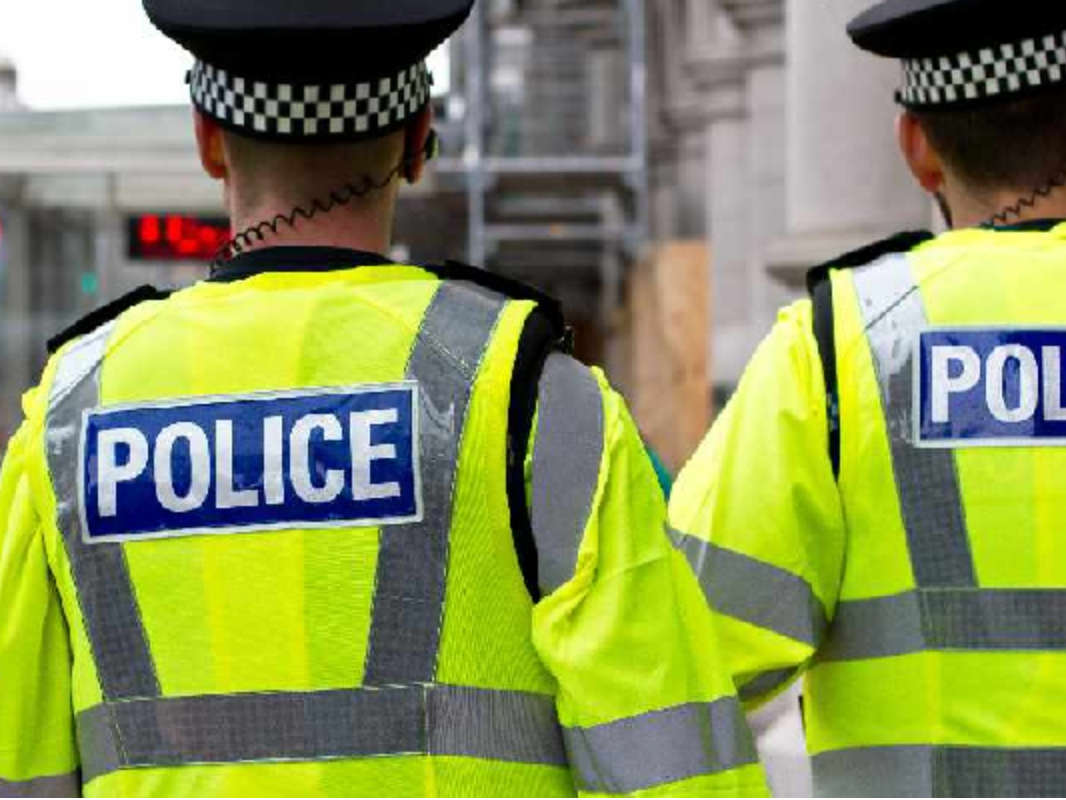 Appeal Following Assault In Hastings
Appeal Following Assault In Hastings
 Road Closed As Armed Police Attend Incident In Worthing
Road Closed As Armed Police Attend Incident In Worthing
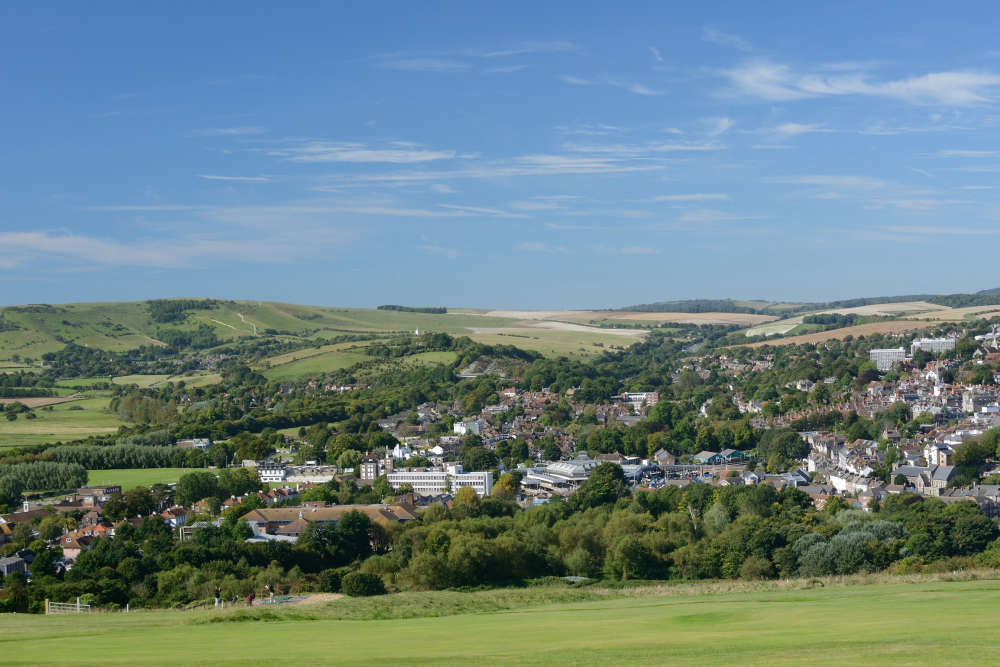 Lewes District Council Placed In Planning Special Measures
Lewes District Council Placed In Planning Special Measures
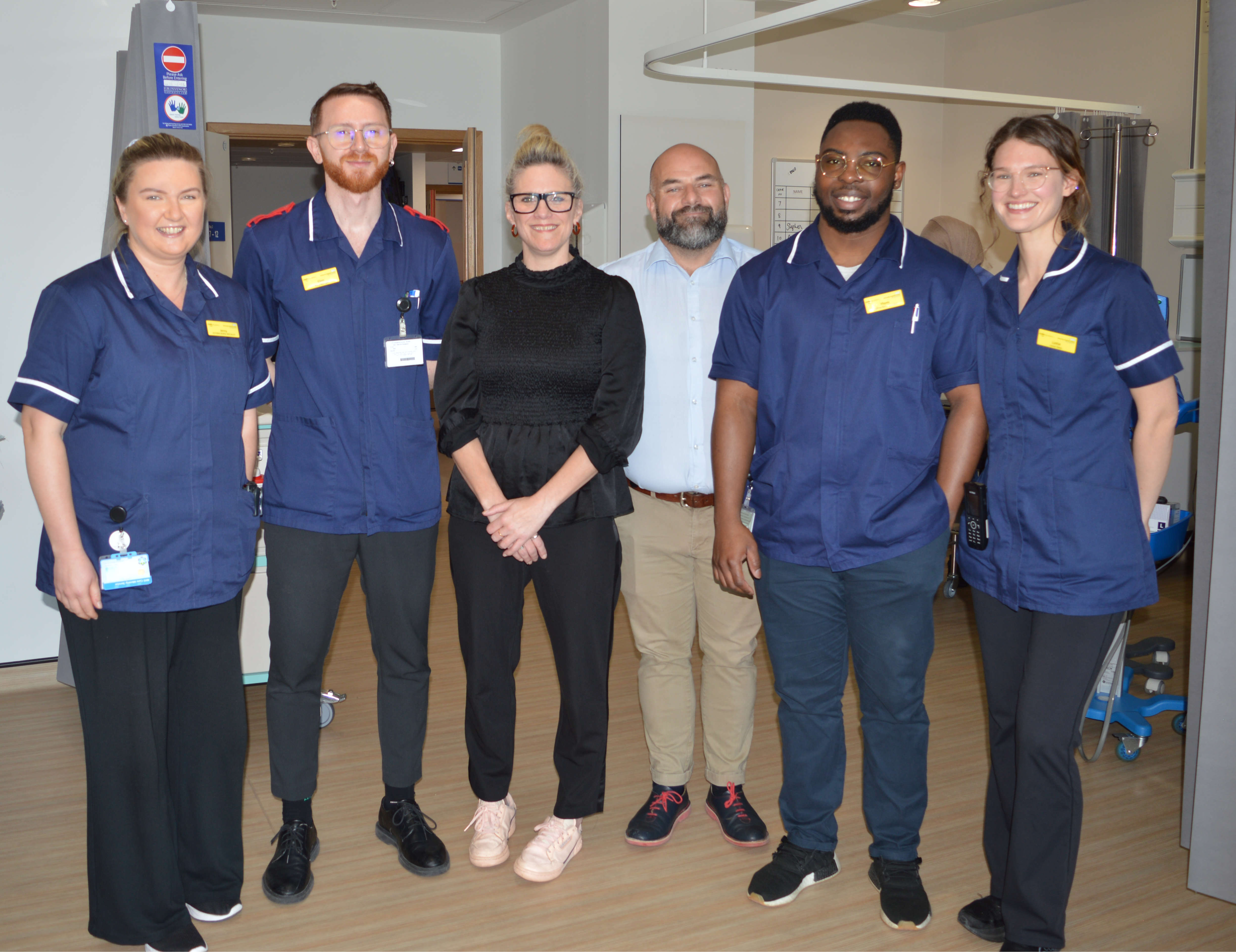 ‘Life-Changing’ Medication For Asthma Patients Now Available In Sussex
‘Life-Changing’ Medication For Asthma Patients Now Available In Sussex
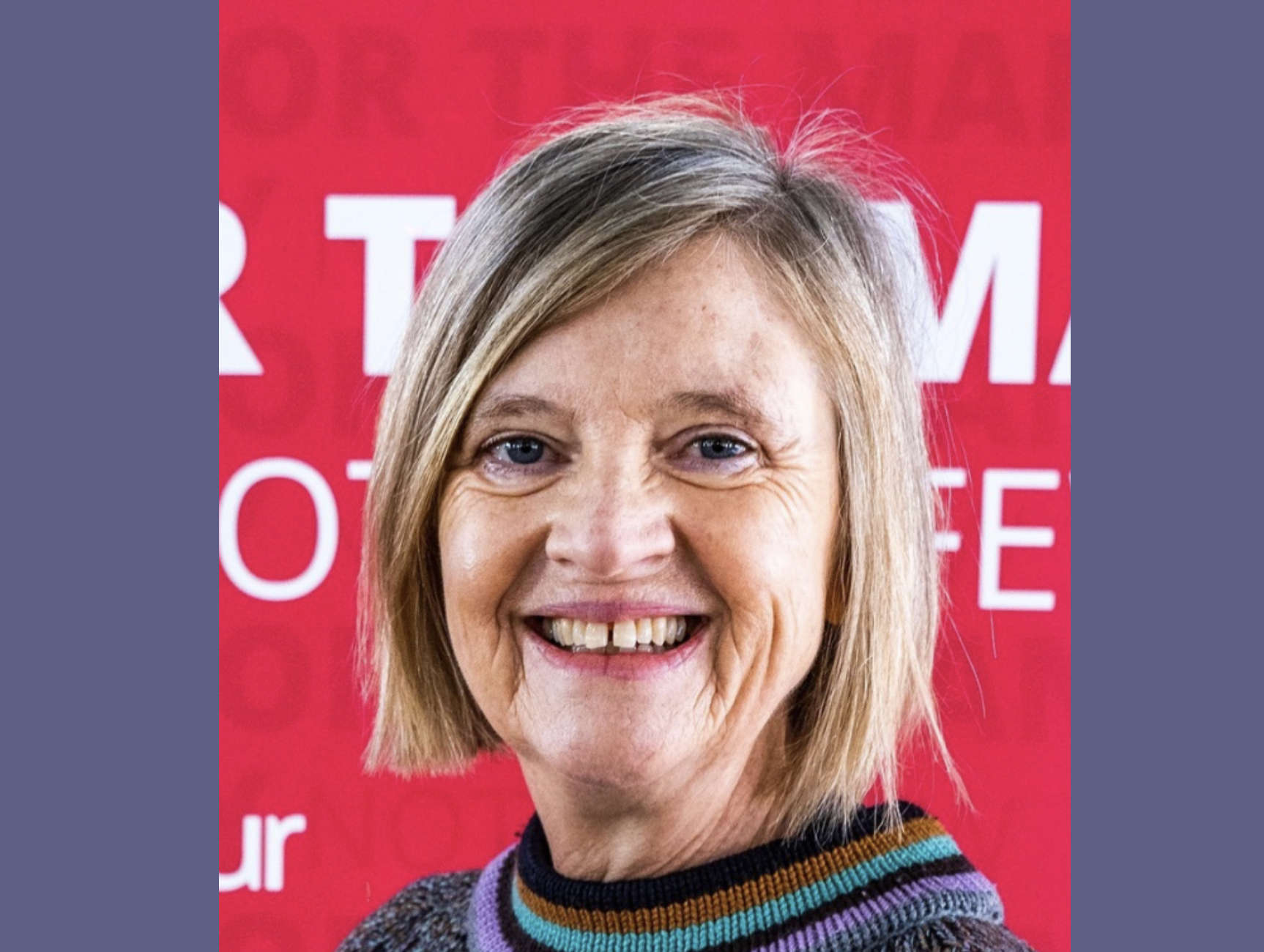 Arms Factory Demonstrator Disrupts Brighton & Hove Council Meeting
Arms Factory Demonstrator Disrupts Brighton & Hove Council Meeting
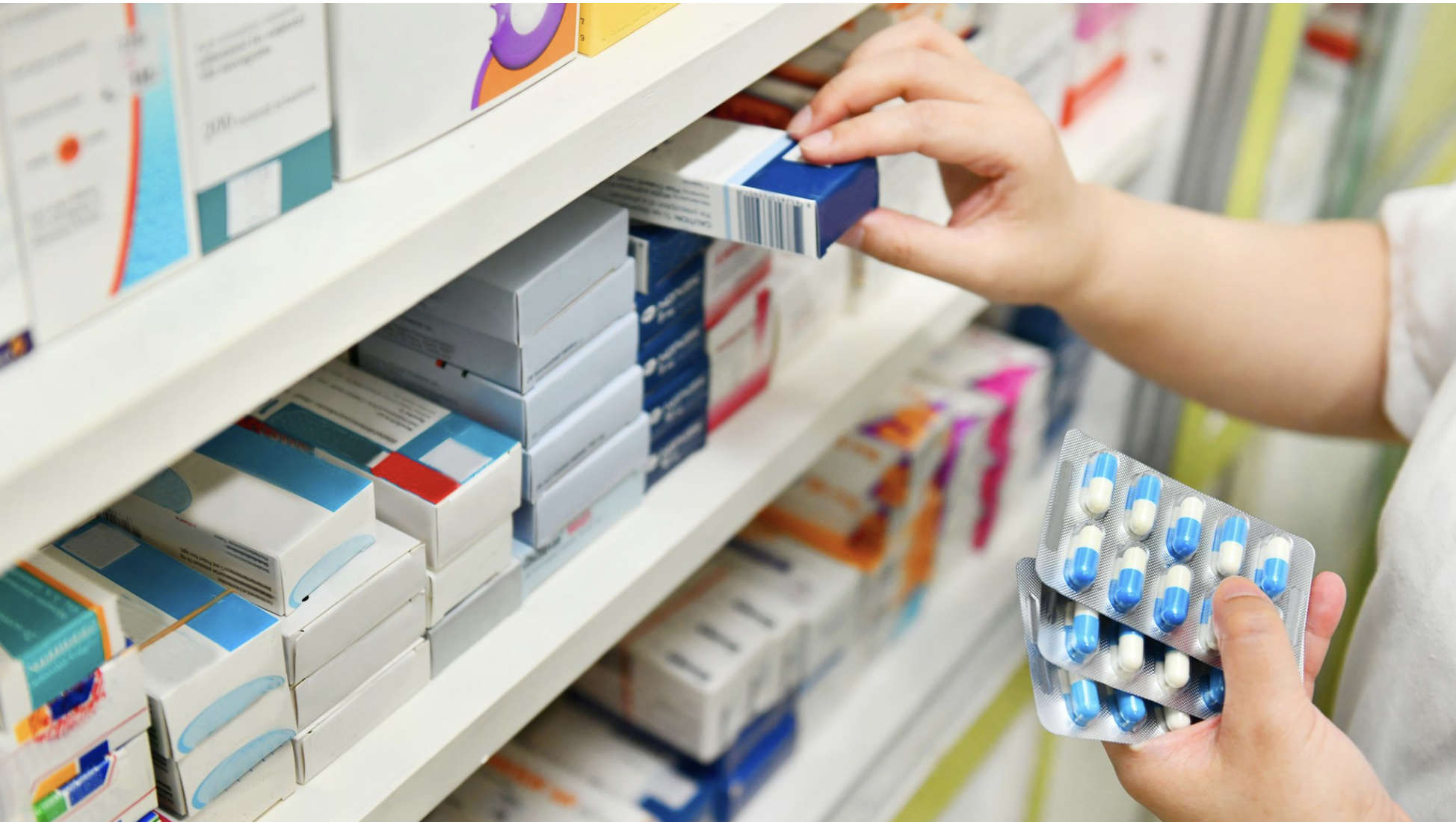 Patients Forced Into 'Pharmacy Bingo' - As Survey Says Medicine Shortages 'Beyond Critical'
Patients Forced Into 'Pharmacy Bingo' - As Survey Says Medicine Shortages 'Beyond Critical'
 Appeal for information After Man Dies In Hastings Collision
Appeal for information After Man Dies In Hastings Collision
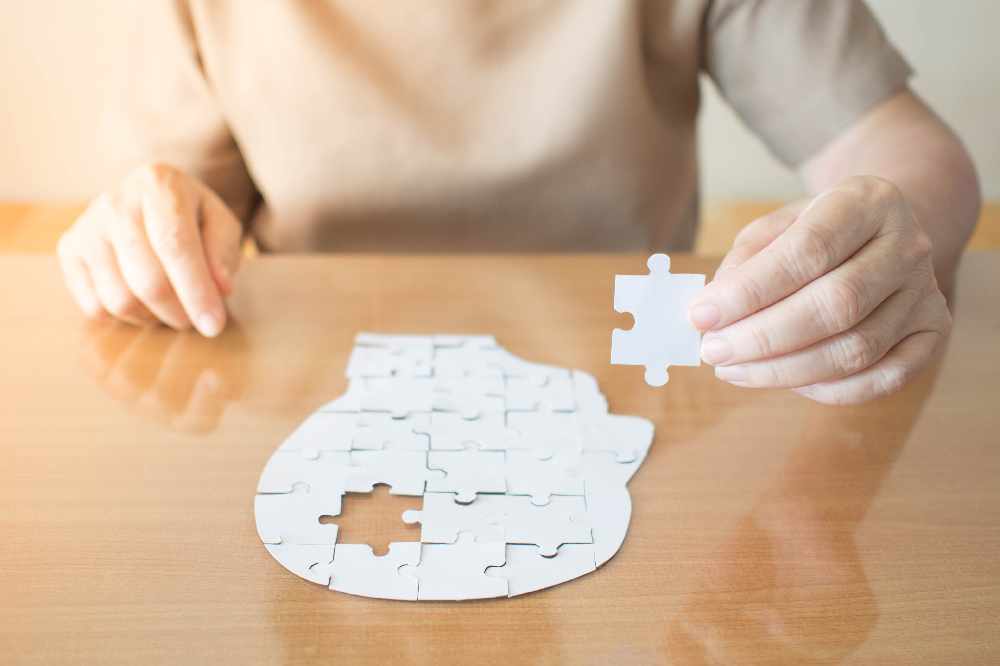 Wealden To Hold National Dementia Action Week This Month
Wealden To Hold National Dementia Action Week This Month
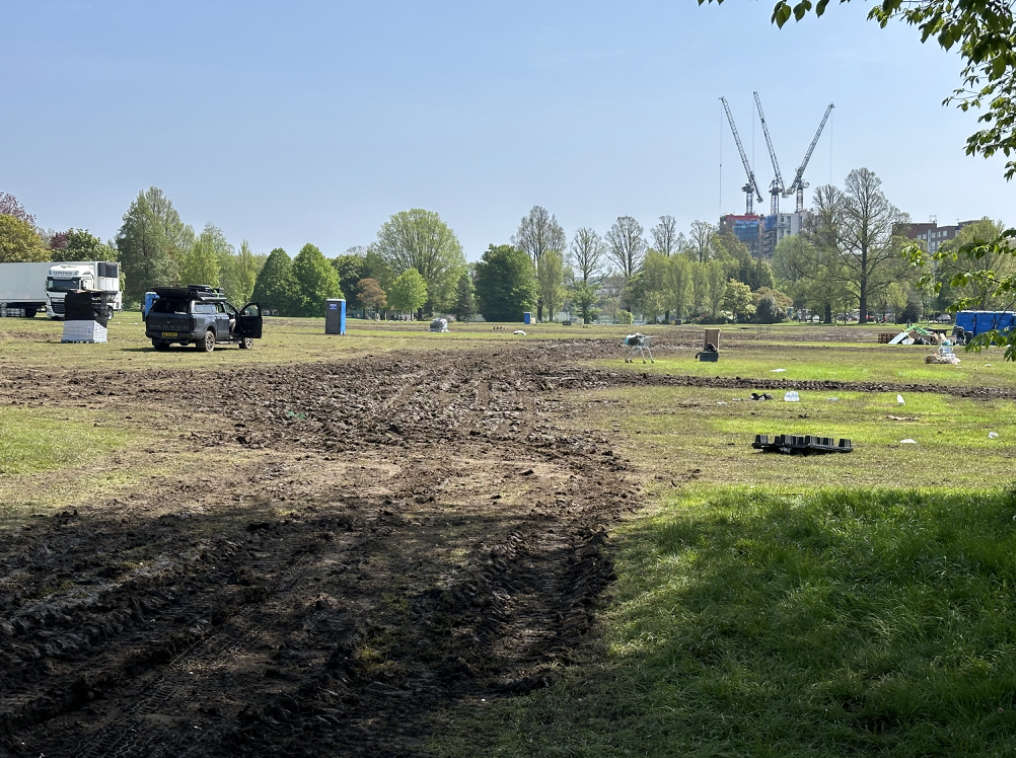 Brighton Food Festival To Be Charged For Mud Bath
Brighton Food Festival To Be Charged For Mud Bath